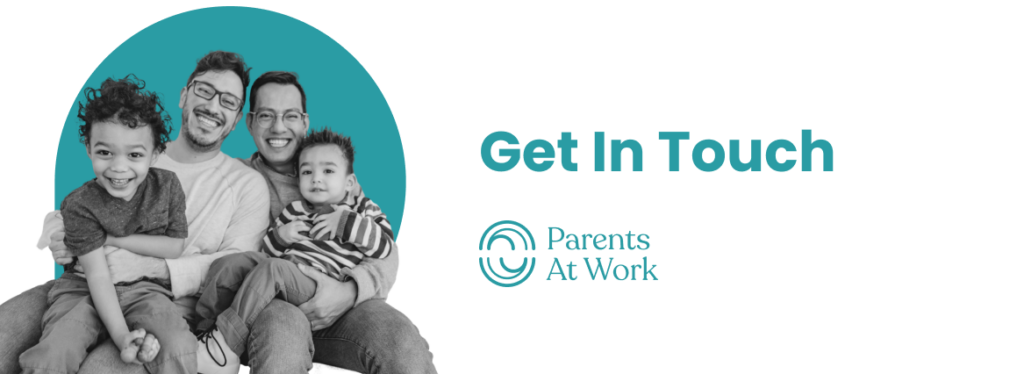
Hybrid and flexible work isn’t a temporary fix or a compromise, it’s a strategic asset.
The world of work has been through seismic shifts in recent years – and one thing is clear: flexibility is no longer just a perk, it’s essential for work-life balance, employee satisfaction, attraction and retention.
The Australian HR Institute’s (AHRI) 2025 report on Hybrid and Flexible Working Practices confirms this reality, highlighting that hybrid and flexible work is not only embedded in workplace culture across Australia, but essential for employee satisfaction and retention.

This aligns closely with our work at Parents At Work, where we continue to see the growing importance of flexibility for parents, carers and families striving to balance work and life.
AHRI’s research, based on feedback from over 1,300 HR professionals and business leaders, provides a snapshot of how hybrid and flexible work is evolving in Australian organisations. Key findings include:
Hybrid Work is the Standard: Most organisations now operate with hybrid models. The push to return to full-time office work is not widespread rather, a mix of remote and in-office work is the dominant approach.
Flexibility is Employee-Driven: 74% of organisations say employees would leave if hybrid work options were removed. Flexibility is not just appreciated – it’s expected.
Tangible Organisational Benefits: Employers report improved employee wellbeing (62%), better retention and attraction (72%), and enhanced productivity (53%) as key outcomes of hybrid work.
Leadership Makes the Difference: Organisations investing in leadership capability around flexible work see better results in team engagement, communication, and culture.
Beyond Location, Rethinking Flexibility: Flexibility now includes a broader spectrum: variable start and finish times, compressed workweeks, part-time options, and job sharing are all part of the equation.
The report reinforces a trend we’ve been tracking for years: work must fit into life, not the other way around. For many working parents and carers, flexible work arrangements are not only helpful, they’re essential.
This shift towards broader, more nuanced forms of flexibility is something we explored in our recent article, Flexible Work 2.0: The Trends You Can’t Ignore in 2025. In it, we noted how successful organisations are rethinking not just where work happens, but how it’s designed and measured – moving towards trust-based, outcomes-focused models.
The AHRI report also notes that flexible work requires intentional leadership. Creating effective hybrid environments demands more than policy, it requires clear communication, inclusive practices, and a commitment to sustaining culture across physical and digital spaces.
For HR professionals, these insights are a timely reminder of the vital role you play in ensuring flexible work not only exists on paper, but delivers in practice. That means engaging with employees regularly to understand what’s working and what isn’t, up-skilling managers to lead hybrid teams effectively, and embedding flexibility into broader workforce strategy from recruitment and onboarding to performance management and career development.
Building psychological safety, trust, and clear expectations will be key to helping teams thrive in flexible settings. Equally important is measuring success not by hours at a desk, but by outcomes, wellbeing, and connection.
The big takeaway? Hybrid and flexible work isn’t a temporary fix or a compromise, it’s a strategic asset.
As organisations continue to adapt, the challenge now is to deepen and mature these models, ensuring they support people at all life stages.
Rather than debating the return to the office, the more valuable conversation is about how to build cultures of trust, flexibility and inclusion, where people can do their best work, and still be present for the things that matter most outside of work.
Flexible work, when done well, benefits everyone, not just parents and carers, but teams, leaders, and the broader organisation. As this latest research shows, the organisations that understand this are not only keeping pace, they’re setting the standard.
Working from home remains in the spotlight – especially for those in the Commonwealth Public Sector. With the Coalition pushing for a full-time return to the office, the debate over flexible work is heating up.
Parents At Work CEO, Emma Walsh, recently called out the weaponisation of working from home. In this Women’s Agenda podcast, she highlights why remote work remains essential, particularly for those with caring responsibilities. As the federal election approaches, this issue is set to be a major talking point.


